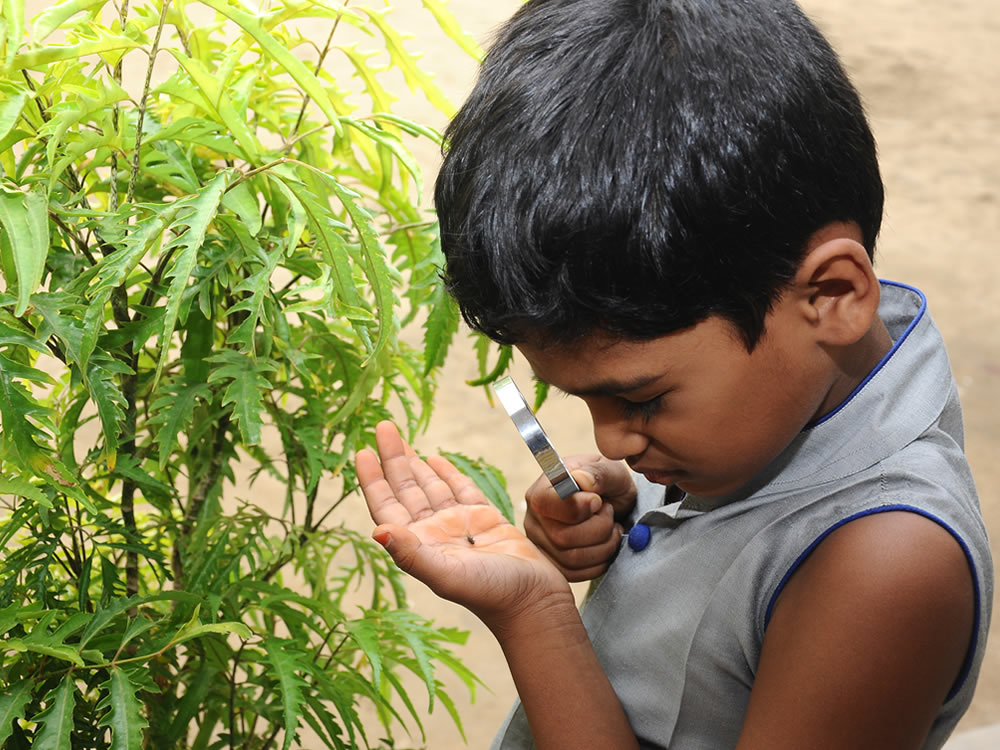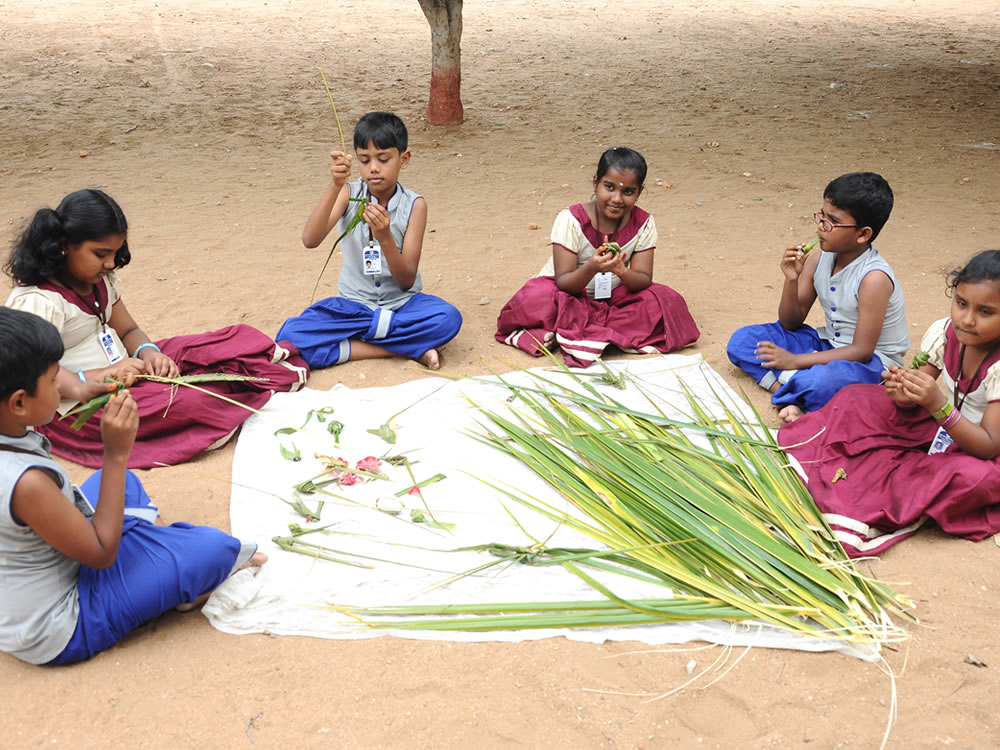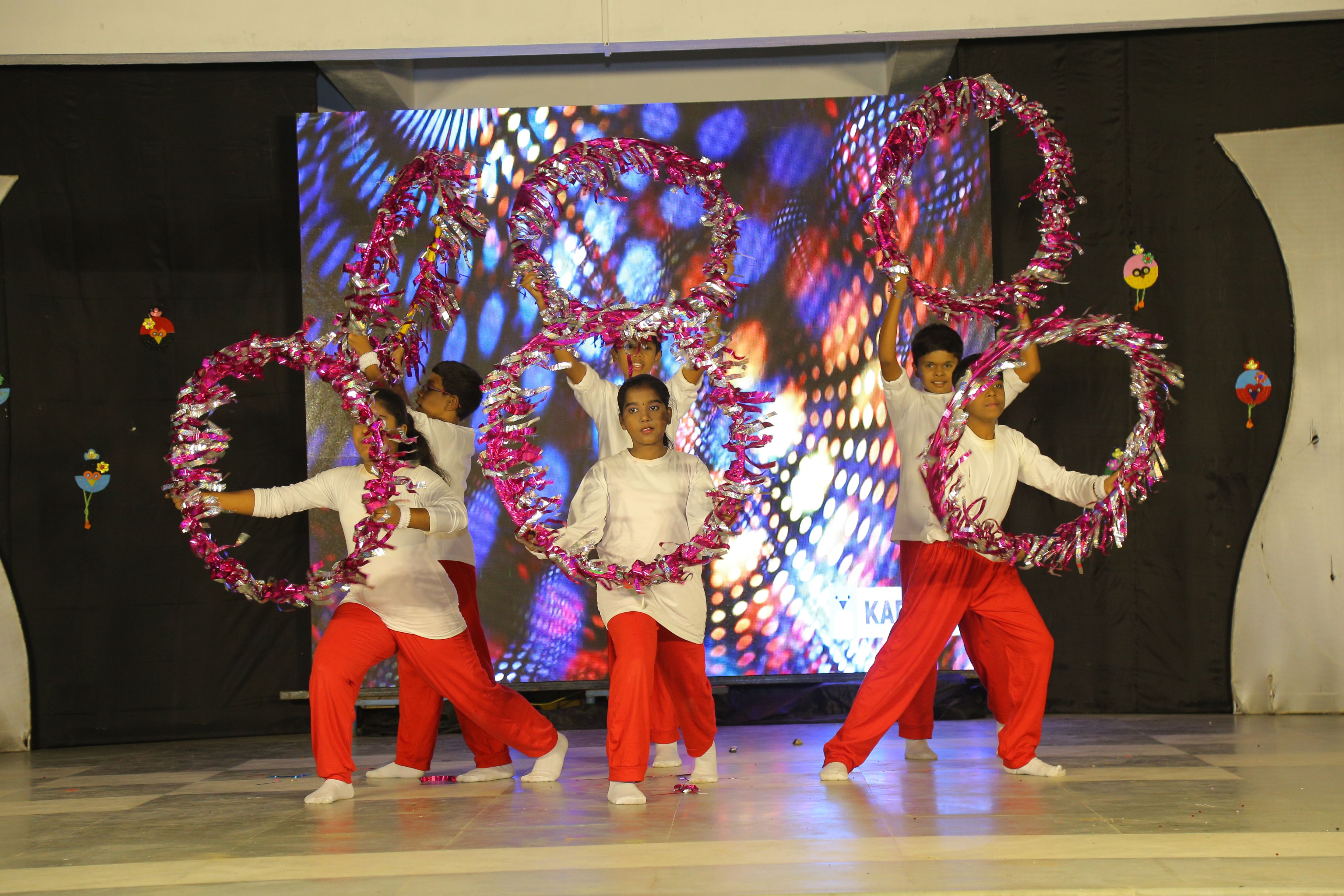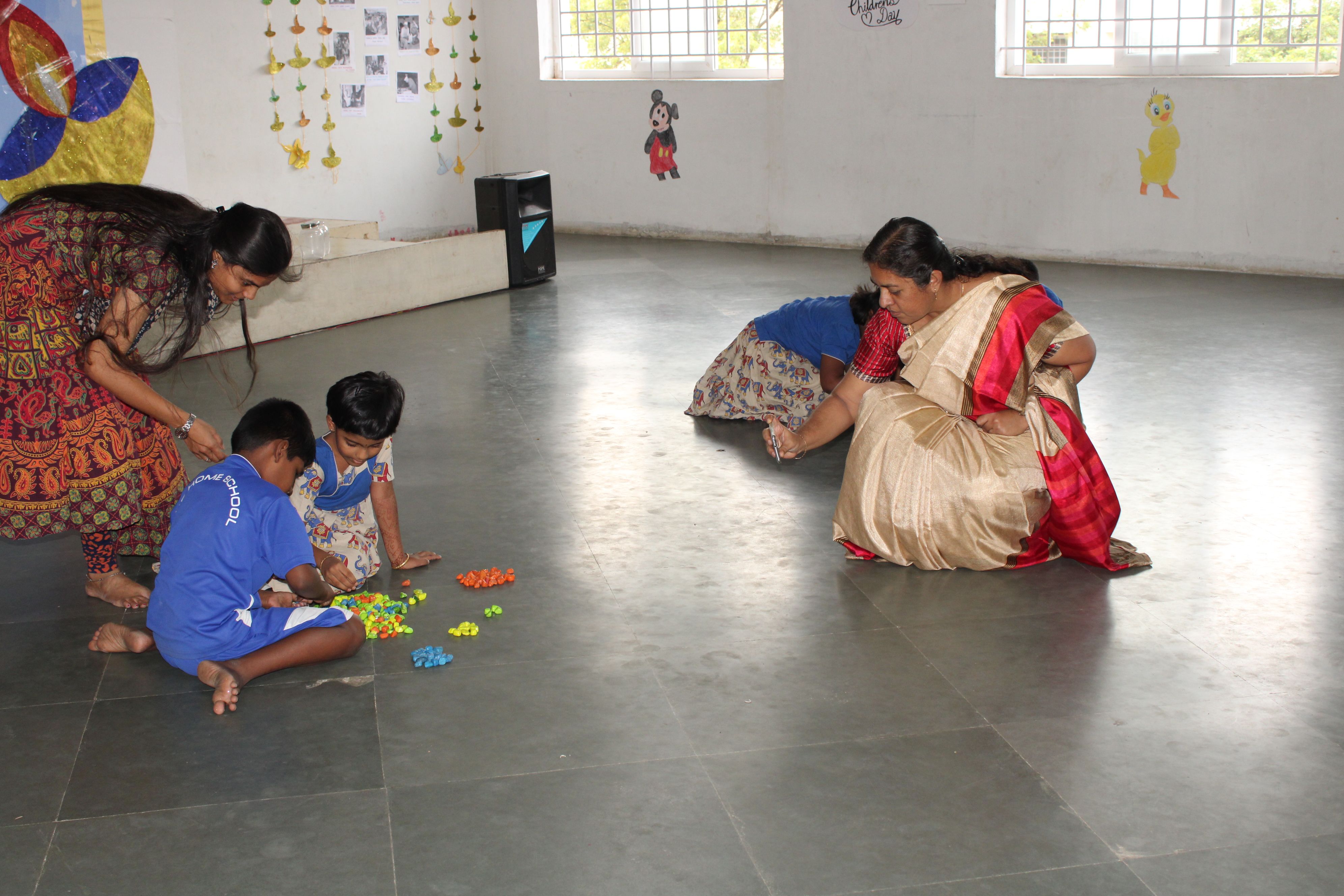


Methodology – Inquiry Based Learning
Based on student investigation and hands-on projects, inquiry-based learning is a teaching method that casts a teacher as a supportive figure who provides guidance and support for students throughout their learning process, rather than a sole authority figure.
Expeditionary Learning
Expeditionary learning is a form of project-based learning in which students go on expeditions and engage in in-depth study of topics that impact their schools and communities.
Game Based Learning
Game-based learning comes from the desire to engage students in more active learning in the classroom External link. Because they require students to be problem solvers and use soft skills that they will need as adults, games are a great way to encourage a “mastery” mindset, rather than a focus on grades
Theme Based Learning
A theme is an idea or topic that a teacher and children can explore in different ways in each lab and during outdoor play. A theme is based on culture, environment, shared experiences and specific goals within a lab.
Though basic themes will be the starting point in our curriculum, future themes will arise from events significant to each child and will arise from each lab. This way high standard of education and high levels of motivation in every child is ensured.
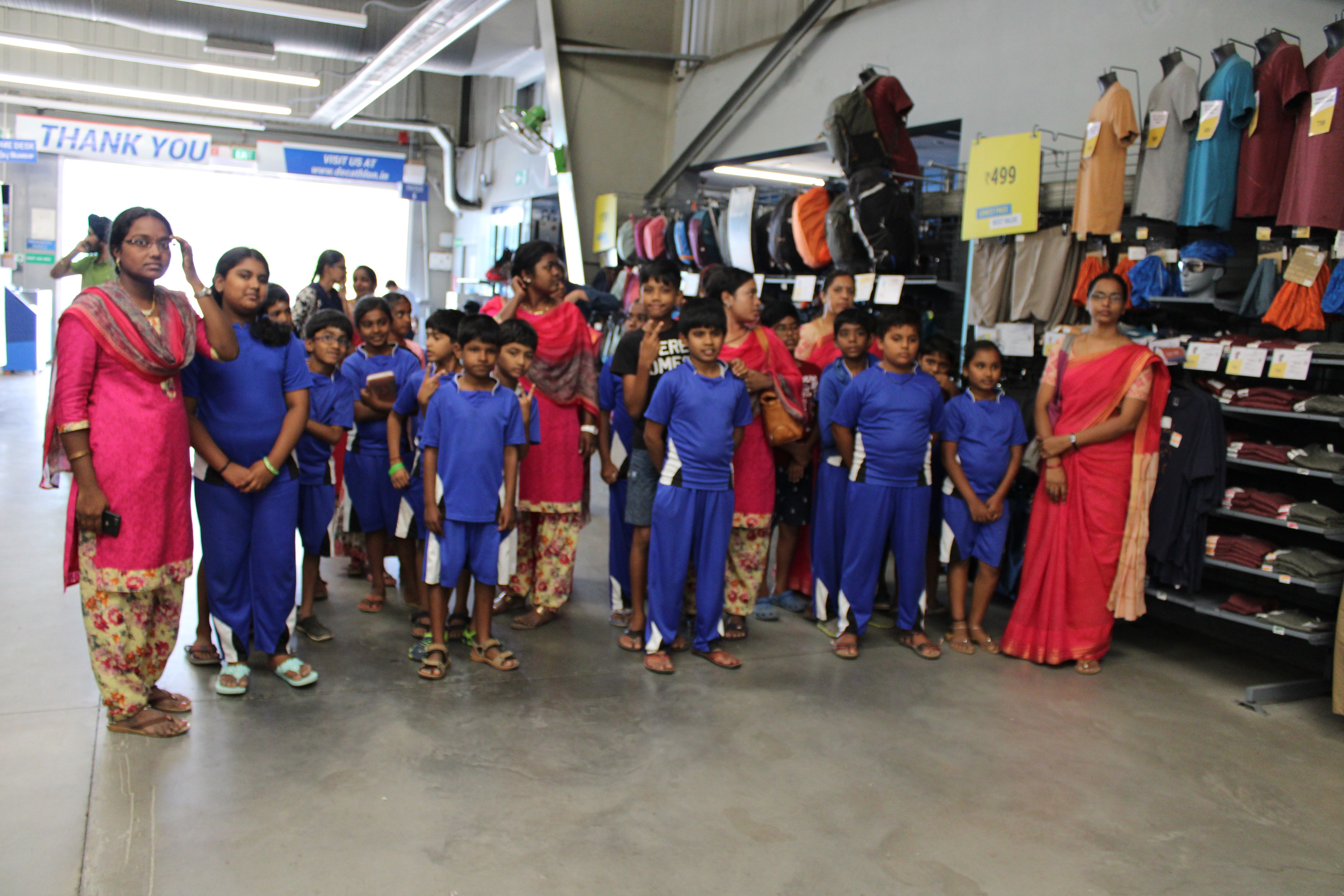
Children will be involved in planning the theme and taking active part in every step of the implementation. Teachers will be involved in the periodic observation, implementation and planning of the process of learning science, social skills, arithmetic, music, art, dance, drama, sports and self-help skills in each theme.
Scientific evaluations will be made and the confidential reports will be available to parents regularly along with a feedback on areas for change and scope for improvement.
A central element of the method is the “plan-do-review sequence” in which children make a plan, carry it out, and then review the results. This will be evaluated and consolidated in the feedback. The aim of this approach is to encourage children who learn at different levels to benefit from every session of learning without boredom or feeling overwhelmed.
The challenge and the Uniqueness of our curriculum model
At The Home School, there are no classrooms. Every space is a lab. We have four core subjects and skill labs for
Development of Every Domain
The goal of child education at The Home School is an all-round development, i.e. Development of every domain

Curriculum
Montessori
The Home School Kindergarten works Monday through Friday and has three levels according to age group.
- M1 : 2.5 – 3.5 Yrs
- M2 : 3.5 – 4.5 Yrs
- M3 : 4.5 – 5.5 Yrs
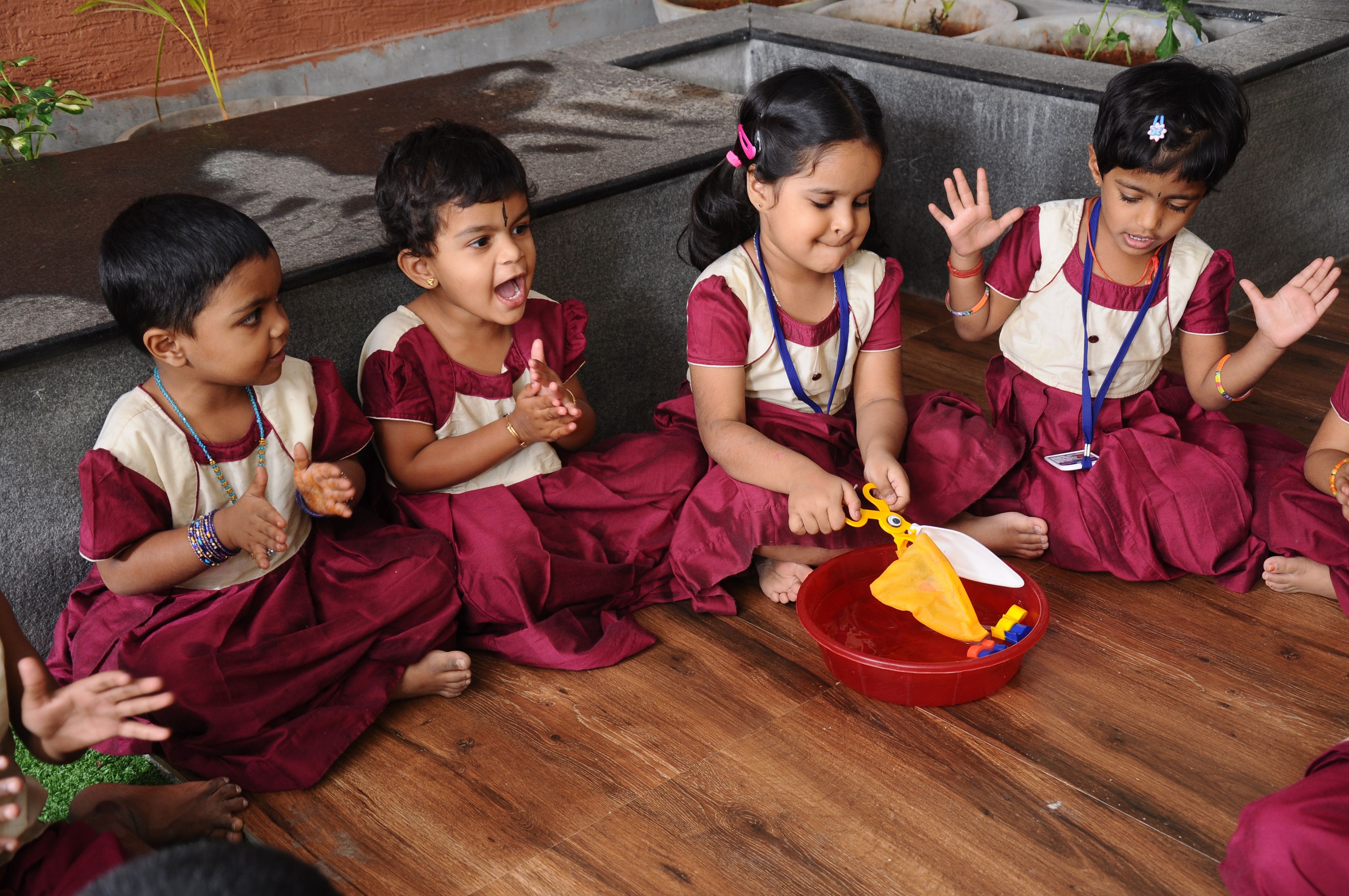
Cambridge Primary
Cambridge Primary is typically for learners aged 5 to 11 years. It develops learner skills and understanding through the primary years in English, Mathematics and Science. Cambridge Primary provides us with a flexible framework which we can use to tailor the curriculum to our needs. We provide assessment tools to help you identify what children are learning, monitor their progress and report to parents. Cambridge Primary is an excellent preparation for Cambridge Secondary 1 and for progression to other educational systems.
IGCSE
International General Certificate of Secondary Education is a 2 year program comprising of Grade 9 and 10. This is equivalent to Grade 10 Board Exams in India. After the IGCSE children have a choice to continue and do the IAL or switch to an Indian Board.
The IAL – International A Level is equivalent to Grade 12 in India. The IGCSE and IAL are offered by CIE and Edexcel with the marks and grading recognized by both Indian and International Universities and Employers worldwide. The AIU (Association of Indian Universities) has officially recognized IGCSE and IAL in India and therefore students passing out of this Board will have access to Universities in India and across the Globe.
The main features of the program are internationally accepted Robust Curriculum, Assessment and Positioning and Access to worldwide resources and learning aids. It offers a wide range of subjects under the following categories languages, humanities, science, maths and arts. The learning objectives, content and assessments are intensively application-oriented and therefore prepare the students for meeting the demands of the real world and work environment.

